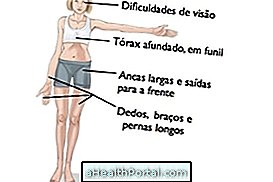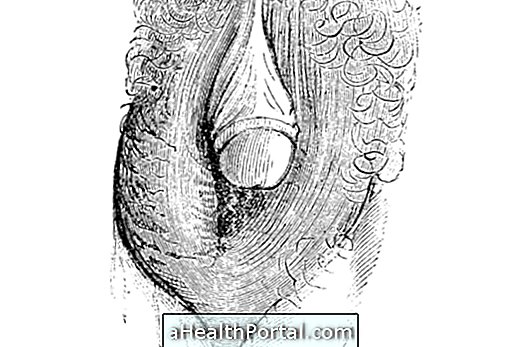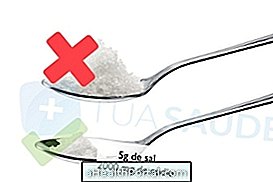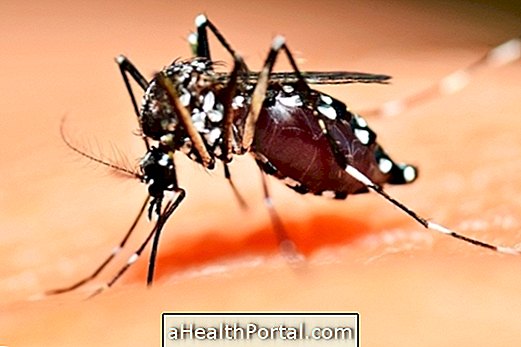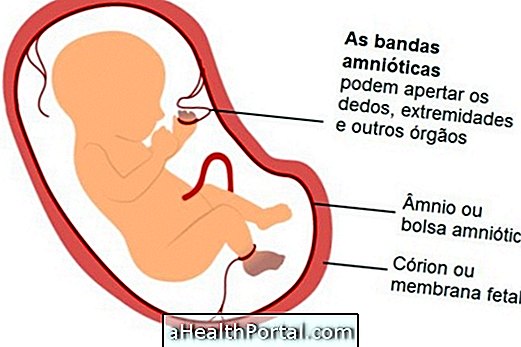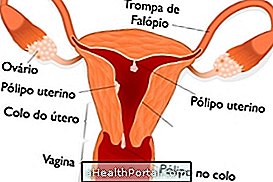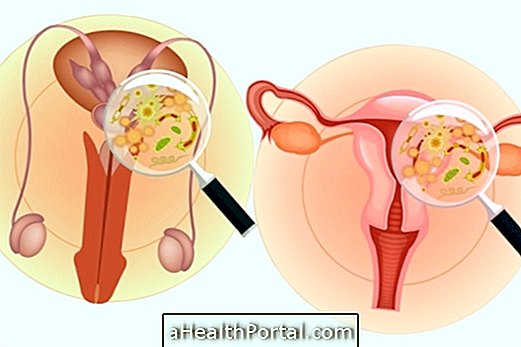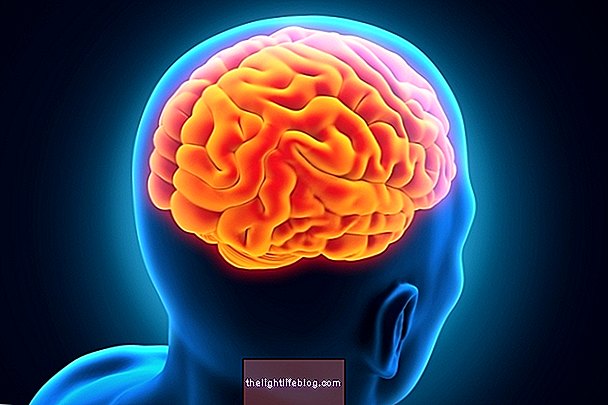The epileptic crisis is when the individual presents symptoms of the disease such as losing consciousness, having seizures, intense salivation or even biting the tongue and usually epileptic seizures last from a few seconds to 5 minutes. Read more symptoms in: Symptoms of epilepsy.
Epilepsy is a disease of the nervous system manifested by periods of crisis and other times when there are no seizures and can be controlled with the use of medications indicated by the neurologist, such as Diazepam.
In addition to the common symptoms of epilepsy, which is when the individual is floundering and salivating, there are other less obvious symptoms of a crisis, such as stare and turn off for a few seconds, not remembering what happened. Learn more at: How to Identify and Treat the Absence Crisis.
How to avoid an epileptic seizure
Knowing what can trigger an epileptic seizure is ideal for the patient to avoid seizures, with sleep deprivation, fever, stress, head banging or drug interactions among some of the factors triggering seizures. Find out more factors in: Factors that trigger an epileptic seizure.
Whenever an individual has an epileptic crisis he should note the time it occurred and everything he did in the hours leading up to the crisis to help the doctor make the diagnosis and know what may have triggered the process and avoid in the future .
In addition to taking medications for epilepsy, respecting exactly the doctor's guidelines, the patient should sleep enough, not to fast for more than 3 hours and not drink alcohol to avoid the onset of a new crisis.
When the individual follows these guidelines he may live for many years without having any episode of epileptic crisis, but this does not mean that the disease has been cured, because once the individual is diagnosed with epilepsy, he will have to take the medication and avoid the factors that trigger the crisis throughout life.
